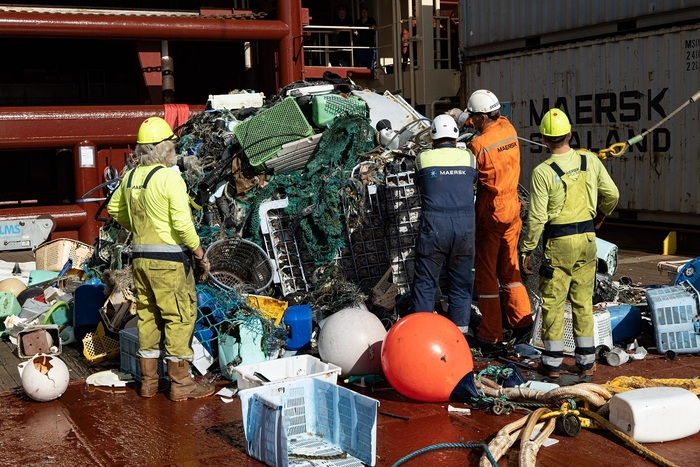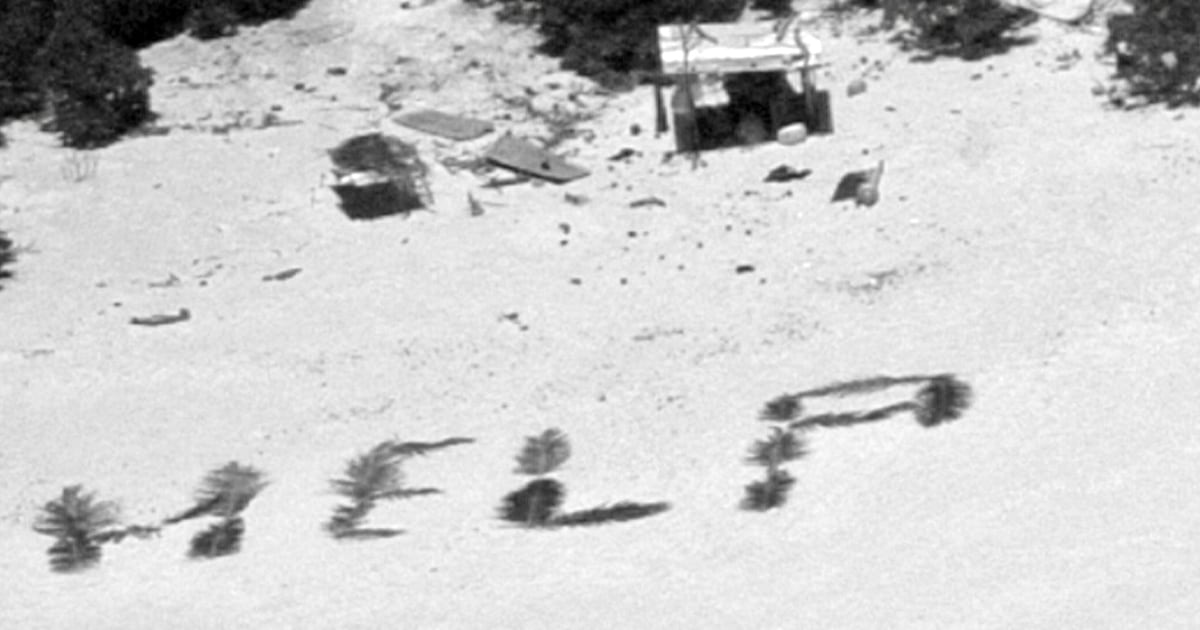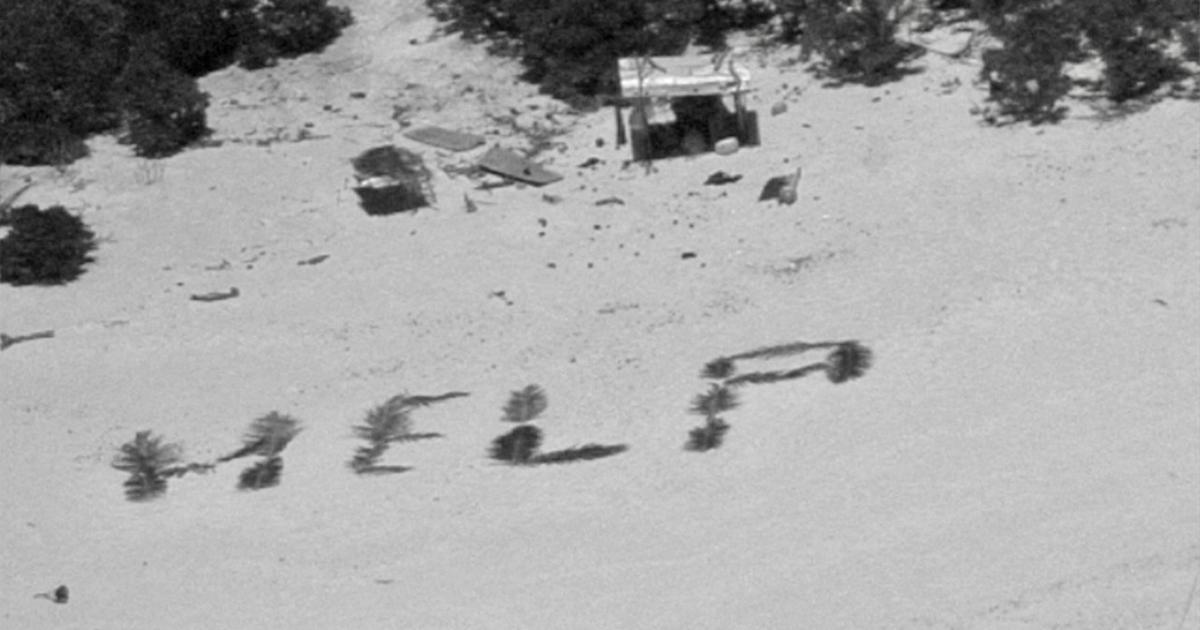It is industrial fishing done by a handful of countries that feeds the large plastic island floating in the northern Pacific Ocean: this is indicated by the analysis of over half a ton of debris collected in the sea.
The results are published in Scientific Reports by an international group of experts coordinated by the non-profit organization The Ocean Cleanup.
The researchers analyzed 573 kilograms of debris (over 6,000 fragments larger than five centimeters) collected between June and November 2019 on the huge plastic island that formed in the ocean vortex known as the 'subtropical North Pacific loop'.
Each debris was inspected for writings or logos that could somehow indicate its origin.
About 33% of the fragments were not identifiable, while 26% came from fishing gear (such as fish packs, oyster spacers and eel traps).
Although life jackets and buoys represent only 3% of the objects present on the plastic island, they make up 21% of the total mass.
It was possible to identify the country of origin for 232 debris: 34% came from Japan, 32% from China, 10% from South Korea, 6% from the United States, 6% from Taiwan and 5% from Canada.
Taking into account the circulation patterns of ocean currents, the researchers argue that the probability that they arise from fishing activities is ten times higher than the possibility that they arise from activities carried out on land.
The study therefore highlights the need for greater transparency on the part of companies that carry out industrial fishing activities, as well as greater cooperation between countries to regulate the management of waste on board ships and the monitoring of equipment abandoned in the oceans.


/cloudfront-eu-central-1.images.arcpublishing.com/prisa/NIFZFFYBFVAU5FVWDHC43ESC5M.jpeg)


/cloudfront-eu-central-1.images.arcpublishing.com/prisa/CY2A26MEDVGSFEWPX5DBVG5BFQ.jpg)


